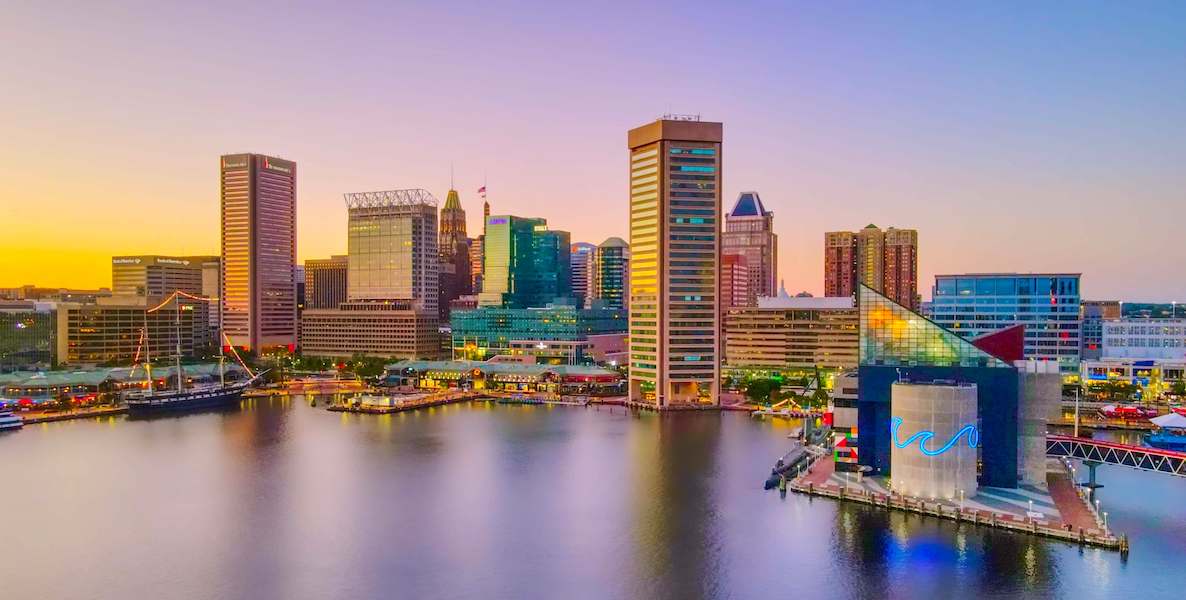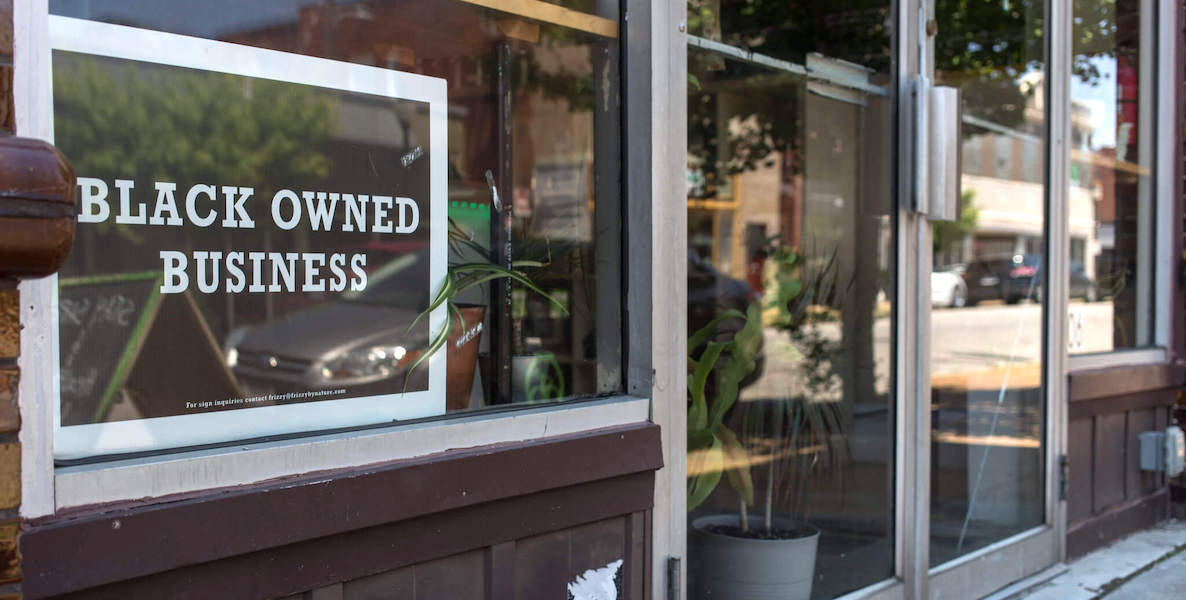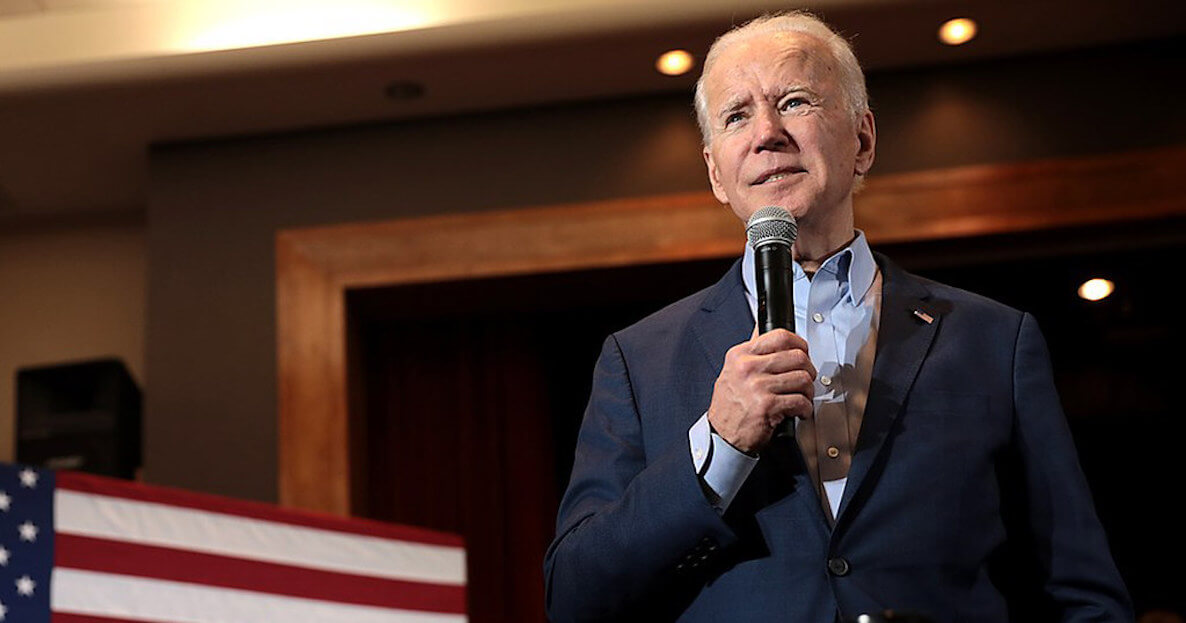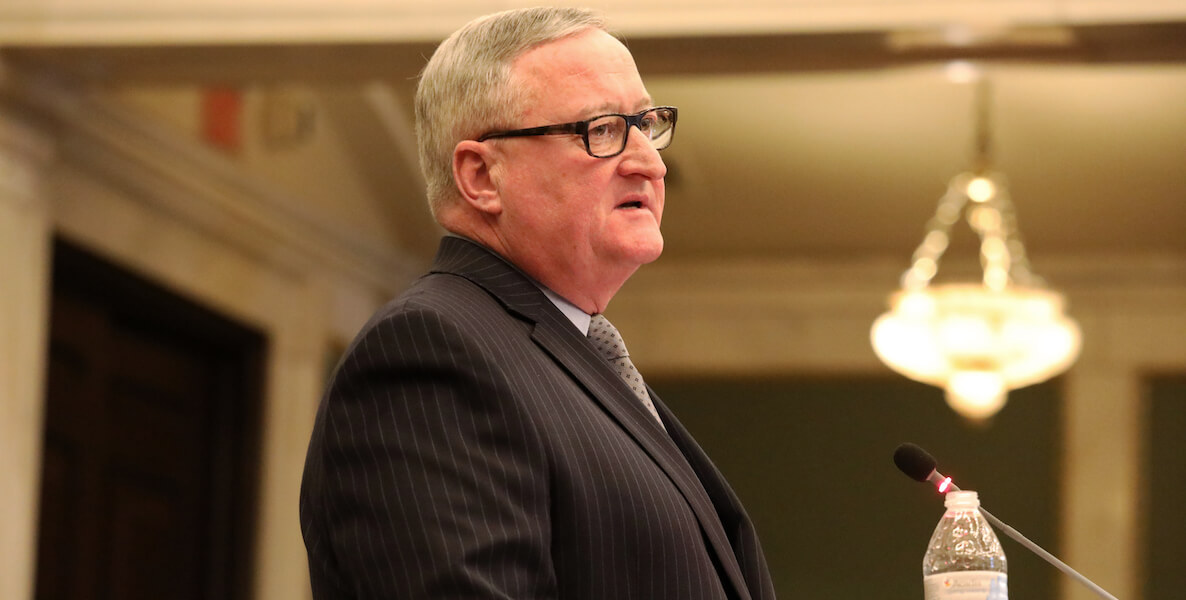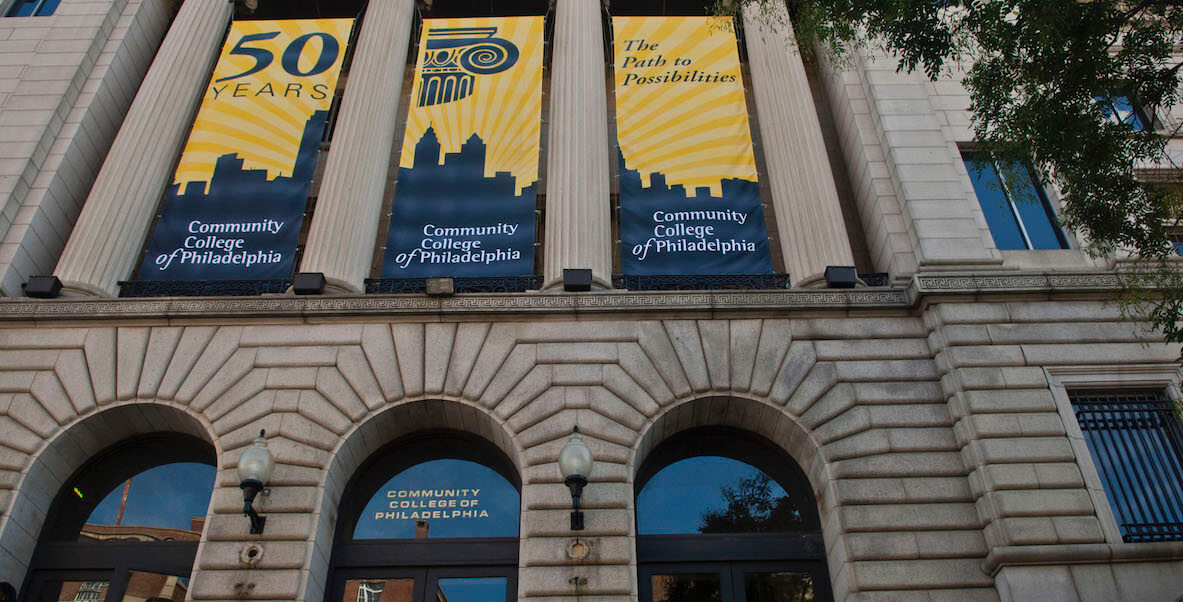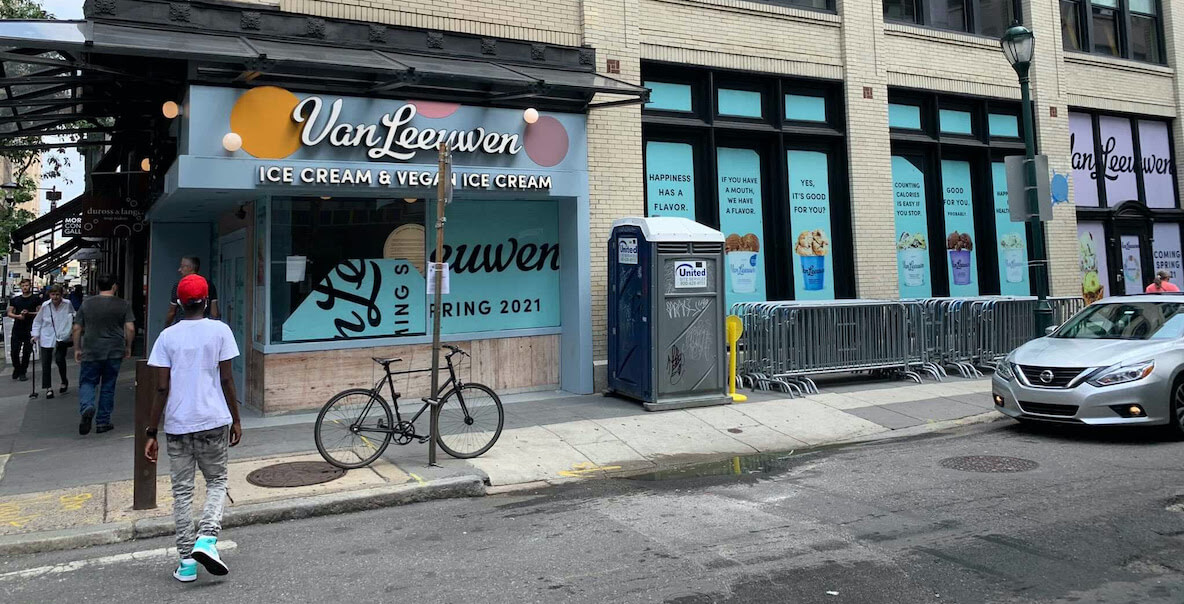During the Covid-19 pandemic there has been a lot of concern about whether Center City and commercial corridor retail would come back at full strength once most people got the vaccine.
The continued delays in office workers returning to downtown offices isn’t helping matters, but the conditions have continued to improve according to Center City District’s regular economic updates, and lately it has felt like there are more and more news stories about new businesses and restaurants opening up that might give us some reason for optimism.
Sometimes these discussions can come off as denigrating city workers, but the point isn’t that any individual people are doing a bad job—it’s that the processes may need to be changed, and likely the City may need to hire more people.
A lot of the discussion about how city government can work to bring about a full recovery has focused on things like tax reform, which is no doubt important, but it’s also worth calling attention to a different issue: the opportunity to get more business investment by reducing permitting delays.
A Philadelphia Business Journal article from last week about the New York-based Van Leeuwen ice cream opening a few locations in Center City and Fishtown contains this eyebrow-raising line about the company having to wait a year to get their permits processed for something that would apparently take one (1) day in New York.
Van Leeuwen Ice Cream is targeting opening the two new stores by early second quarter of 2022, he added. One reason for the extended timeline is that the permitting process in Philadelphia vastly exceeds that of New York.
For example, it took almost a year to secure permits for Midtown Village despite not doing much work beyond fixture and tile changes, whereas in New York the process is usually greenlit in 24 hours, Van Leeuwen said. The company was told Covid-19 partially contributed to local delays.
Some City workers on Twitter are calling into question whether it really took a whole year, and seem to have some evidence it didn’t take that long, so take the claim with a grain of salt.
But even if it “only” took several months, compared to a day or even a week in New York City, the point stands that there are ways for these processes to happen faster than they do here, and Philadelphia officials who want to see a more robust economic recovery from the pandemic should take more of an interest in this. One reason New York may do this faster, for example, is the policy of architectural self-certification for minor renovations which has been in place since 1975.
 Trying to get more people interested in investing in building businesses in the city is one thing, but helping figure out what’s holding things up for the people who already are trying to invest here can also bear fruit for the recovery, and deserves more strategic emphasis.
Trying to get more people interested in investing in building businesses in the city is one thing, but helping figure out what’s holding things up for the people who already are trying to invest here can also bear fruit for the recovery, and deserves more strategic emphasis.
The Van Leeuwen example, while usefully highlighting the permitting time discrepancy, is actually kind of a bad one for convincing local electeds to care about this at all, seeing how it’s a fancy ice cream company from New York, and who really cares if this specific company has a hard time?
But most local businesses are started by local residents, not the dreaded out-of-towners, and they have to contend with all the same delays as the New York guys. The goal should be a quick turnaround for everybody’s permits if we want to get people back to work.
Another example of this, which is a little more politically fraught, but no less important, is the delay in getting zoning and building permits approved this year in advance of the changes to the 10-year tax abatement taking effect. There’s no doubt the upcoming deadline at the end of 2021 has been driving building applications all year, and in a sane world, local electeds would view this policy-induced housing permitting bonanza as a good thing to try and keep going. All of this great job-creating investment is getting pulled forward in time at a moment when interest rates are low, unemployment is high, and the city has a genuine housing shortage to try and build out of.
Mayor Kenney, who has significantly more pro-construction politics than most Councilmembers, and also a lot of sway over day-to-day city spending decisions, doesn’t seem to have made this a priority, even though as Mayor he has greater incentives than anyone else to try and bring about a jobs recovery.
Some elected officials wouldn’t be too sad to see construction projects that got into the pipeline midway through 2021 miss the tax abatement deadline and have to proceed under the new rules. To another way of thinking about it, the abatement deadline is pulling forward a lot of beneficial and useful investment in buildings, homes, and commercial spaces at a time when we still have elevated unemployment from the pandemic, and the mad rush toward the abatement deadline is actually a helpful economic force in bringing down unemployment, particularly for residents without a college degree. And yet despite the building permitting backlog, the city hasn’t really done anything to ramp up staffing or changed their procedures in any significant way to more quickly process all the additional applications that local builders and contractors are trying to get in under the wire.
Mayor Kenney, who has significantly more pro-construction politics than most councilmembers, and also a lot of sway over day-to-day city spending decisions, doesn’t seem to have made this a priority, even though as Mayor he has greater incentives than anyone else to try and bring about a jobs recovery.
RELATED: How hard is it to open a business in Philly?
There has been some good fact-finding work started on business process issues already during Mayor Kenney’s term, to be fair, but it’s unclear whether any changes have come out of some of the working groups that have been assembled to look into the different aspects of these issues. (If there have been any changes made, we would love to highlight any success stories.)
Sometimes these discussions can come off as denigrating city workers, but the point isn’t that any individual people are doing a bad job—it’s that the processes may need to be changed, and likely the City may need to hire more people. As former Department of Licenses and Inspections Commissioner Dave Perri likes to say, spending money on L+I makes the city more money, because it enables all kinds of other economic activity to happen.
Investing more money—but also more critical attention—in making L+I as good as it can be is an underrated focus area for elected officials, and devoting more time and political capital to this is one of the more useful things for people in positions of power to work on during this phase of the recovery.
The Citizen is one of 20 news organizations producing Broke in Philly, a collaborative reporting project on solutions to poverty and the city’s push towards economic mobility. Follow the project on Twitter @BrokeInPhilly.
Van Leeuwen ice cream's Center City location. Photo by Jon Geeting


